Search Our Whole site:
Just Search: Ghana
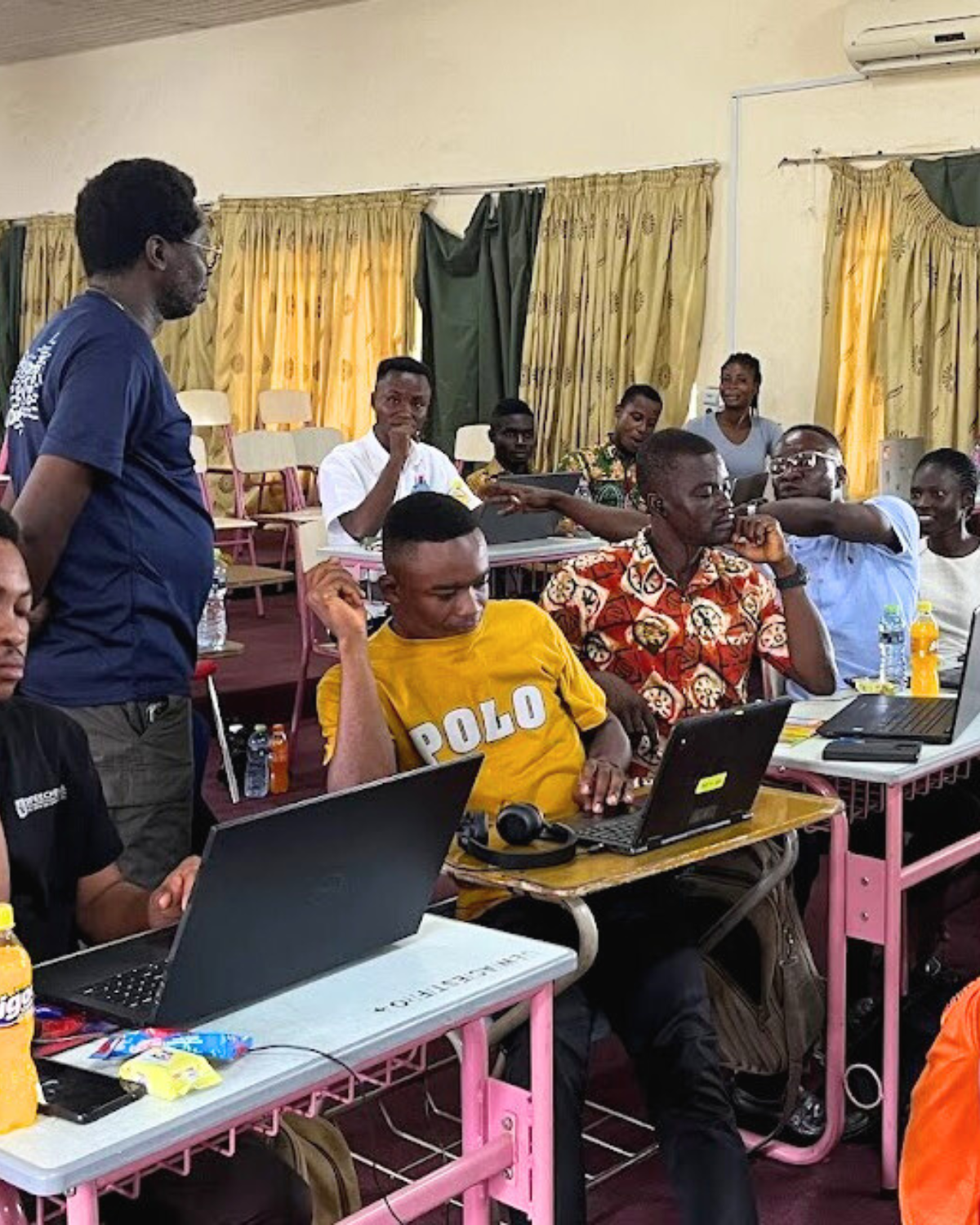
Can Automated Speech Recognition improve the lives of people with communication disabilities in Ghana?
In Ghana, people who have difficulties with speech articulation face significant barriers in interacting with others, often leading to social isolation and reduced participation in everyday activities. As part of the AT2030 project, funded by FCDO, Global Disability Innovation Hub (GDI Hub) set out to evaluate the first freely available Android-based application for automated speech recognition , Google Project Relate, in Ghana.
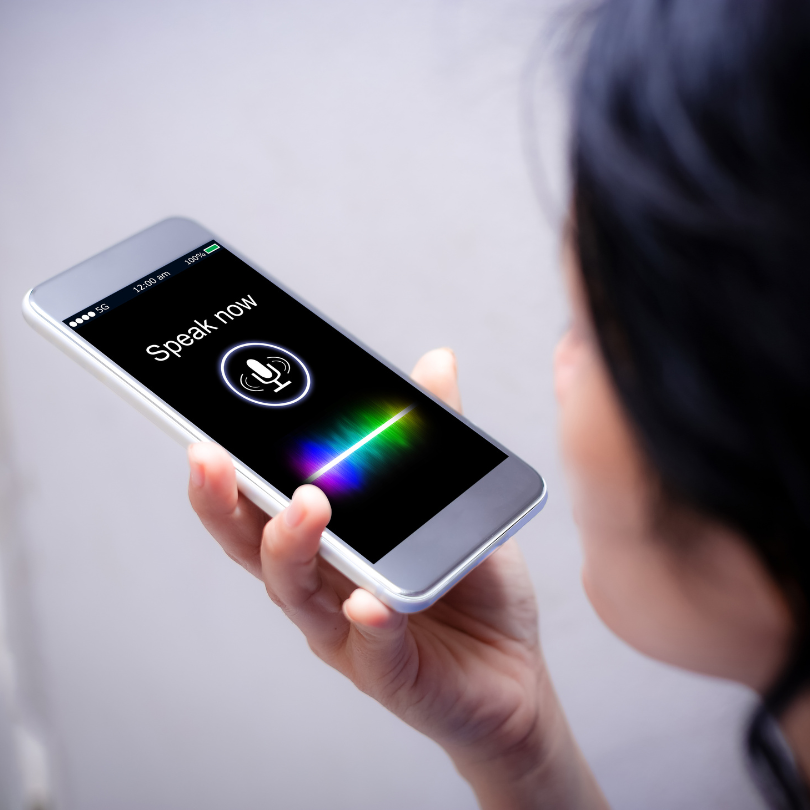
Enhancing Communication Equity: Evaluation of an Automated Speech Recognition Application in Ghana
In Ghana people who struggle to articulate speech as a result of different conditions experience barriers in interacting with others due to difficulties in being understood. Automatic speech recognition software can be used to help listeners understand people with communication difficulties. However, studies have not looked at the practical feasibility of these technologies beyond the Global North. We present a novel user study examining the introduction of one such technology, Google Project Relate, to Ghana.
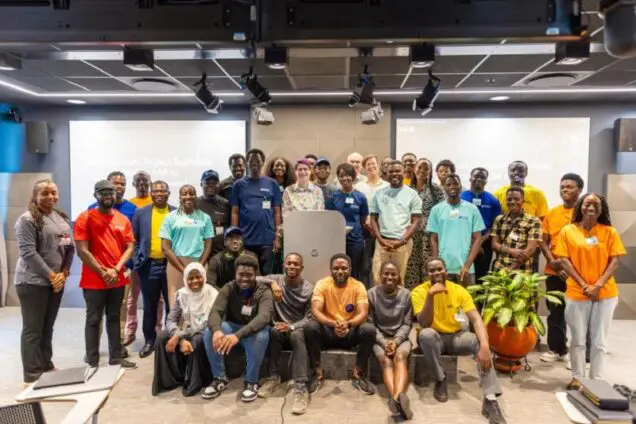
Google, University of Ghana and GDI Hub to Expand AI-Powered Speech Recognition for Non-Standard Speech in Ghanaian Languages
The University of Ghana, Google Research Africa, and UCL’s Global Disability Innovation Hub (GDI Hub) are collaborating on "tɛkyerɛma pa" ("Good Tongue"), an AI-based initiative aimed at improving communication for individuals with non-standard speech patterns. This project focuses on improving AI-powered speech recognition technology for five major Ghanaian languages, marking a significant step in making communication more inclusive for all.
Para Sport Against Stigma: Commonwealth Games athletes and coaches from Ghana and Zambia visit Loughborough University
Para Sport Against Stigma is a four-year project hat looks at how representation, education and communication in Para sport can challenge stigma associated with disability in Sub-Sarhan Africa. One part of PSAS focuses on Athlete Development and will see the International Paralympic Committee to deliver a programme to support National Paralympic Committees in Malawi, Ghana and Zambia to develop Para sport. As part of the Athlete Development focus, Para-Powerlifters who represented Ghana and Zambia at the Birmingham Commonwealth Games 2022, along with their coaches, took the opportunity to visit and work with researchers and practitioners from Loughborough University and the International Paralympic Association.
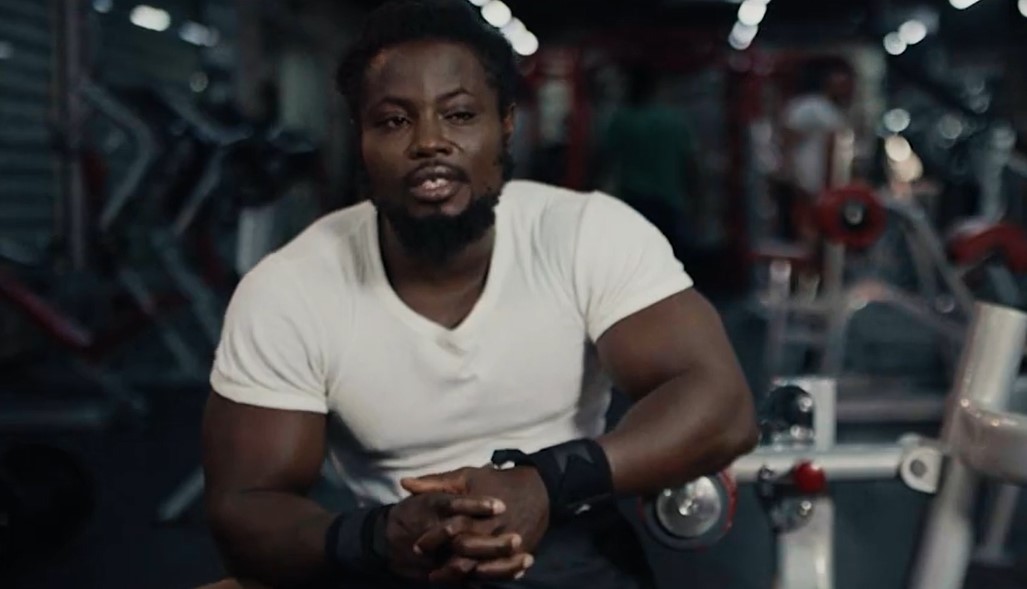
Impact Story - Emmanuel Nii Tetteh Oku - Paralympics Ghana
Tokyo Paralympics aired to 49 countries across Sub-Saharan Africa for the very first time. In this video we hear from Emmanuel Nii Tetteh Oku, a Paralifter representing Ghana at the games. Emmanuel discusses his return from the games and the impact of the TV coverage, specifically in relation to stigma. Reflecting on his experiences, Emmanuel discusses his pride in representing his country and the confidence and freedom that Assistive Technology and Para Sport has given him. He also discssed being a role model in his community, and inspiring others with disabilities to follow a Para Sport route.
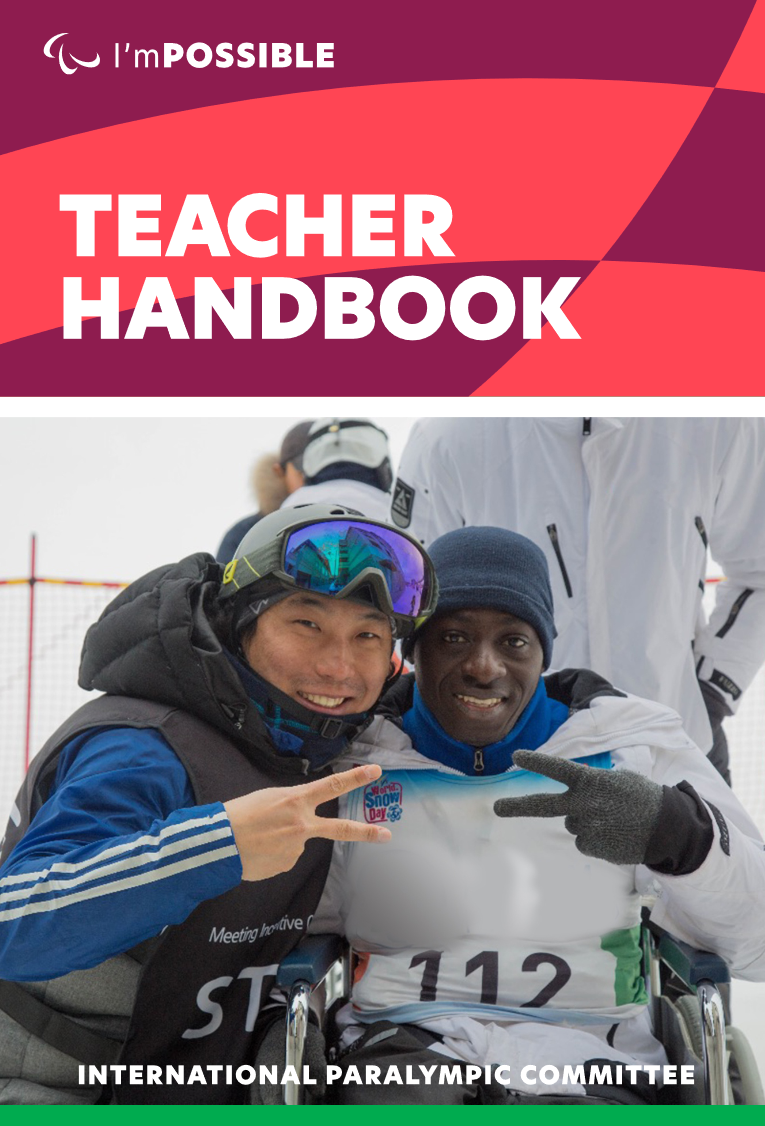
I’mPOSSIBLE toolkits: Ghana
I’mPOSSIBLE is an education programme to spread the Paralympic values and the vision of the Paralympic Movement to young people throughout the world. Through education of inclusion and the Paralympic values, I’mPOSSIBLE aims to challenge and change the perceptions of how young people perceive people with an impairment. This toolkit has been adapted to fit the local context of Ghana as part of AT2030's Para Sport Against Stigma project.

Impact stories- The Importance of the Coach and the Media in Dispelling the Stigma of Being a Disabled Athlete
Ghanaian athlete Tahiru Haruna, 29, from the Greater Accra area has won multiple medals in Para Power Lifting (107kg+) and Arm Wrestling for Ghana since he became an athlete in 2017. His next aim is to add Ghana’s first ever Paralympic Gold medal to his haul at the Paris Paralympic Games 2024 and showcase to other people with disabilities that it is possible to achieve a sporting dream. Tahiru’s sporting success has seen him travel to many other countries around the world for competition. This access to new cultures, sporting infrastructures and systems has provided him with some valuable experiences on how disability is perceived and managed within his own country.
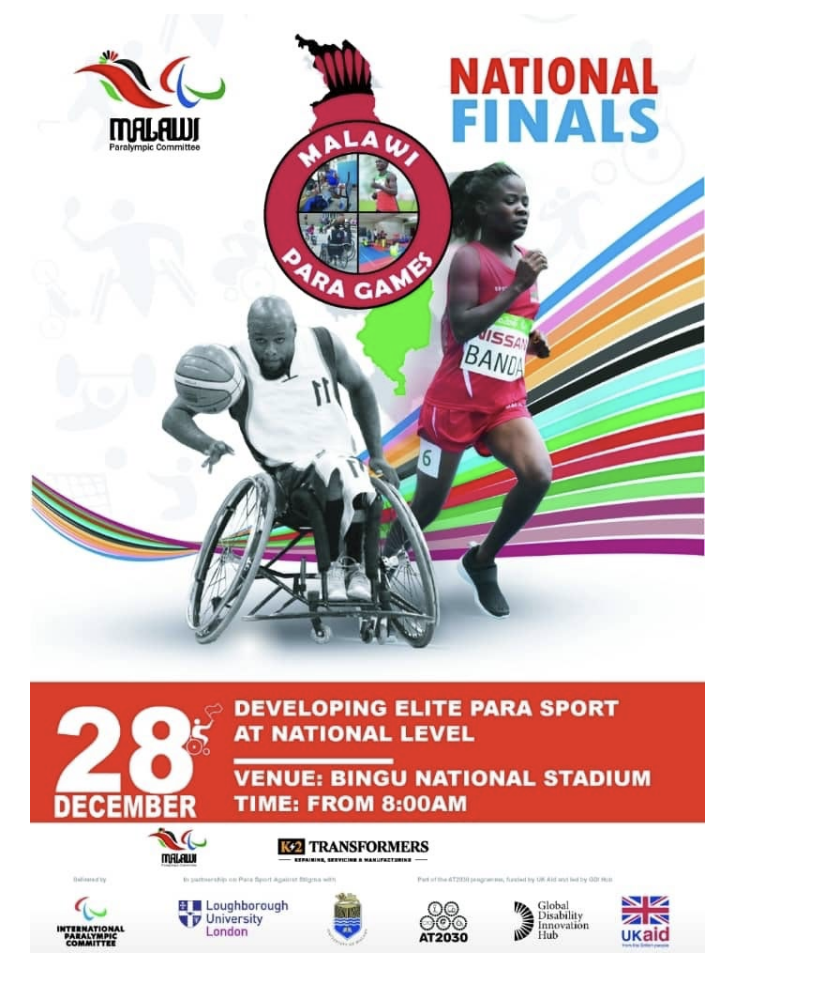
News and Social Media Coverage Malawi and Ghana
Here are some media coverage and pictures for Para Sport Against Stigma in Malawi and Ghana.
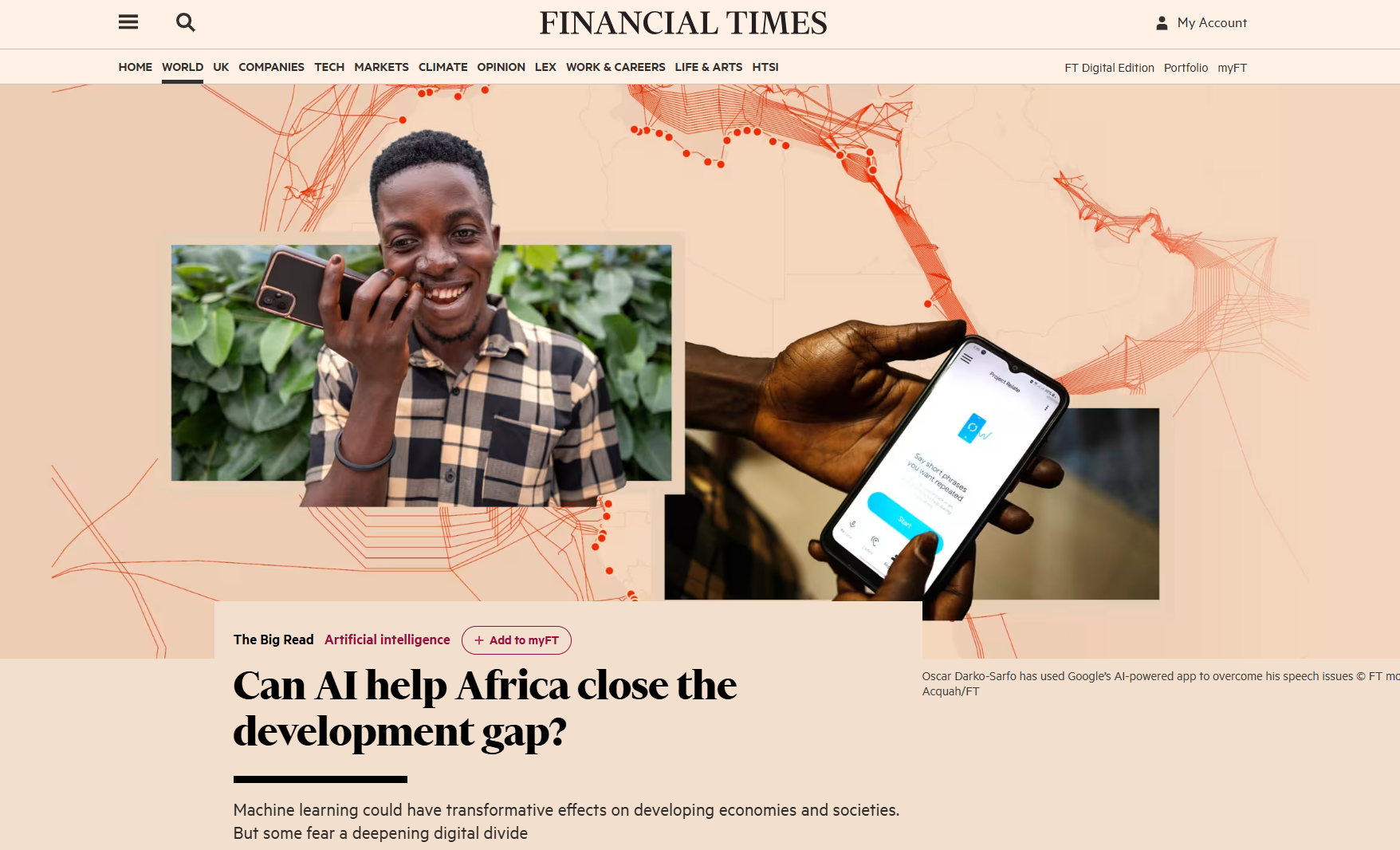
Can AI help Africa close the development gap? [financial times piece explores how our AT2030 programme has tested the google relate app]
The Financial Times piece explores how our AT2030 programme has tested the google relate app to understand how the app is currently used, how can be used and how can be improved - working alongside and training local speech and language therapists in Ghana.
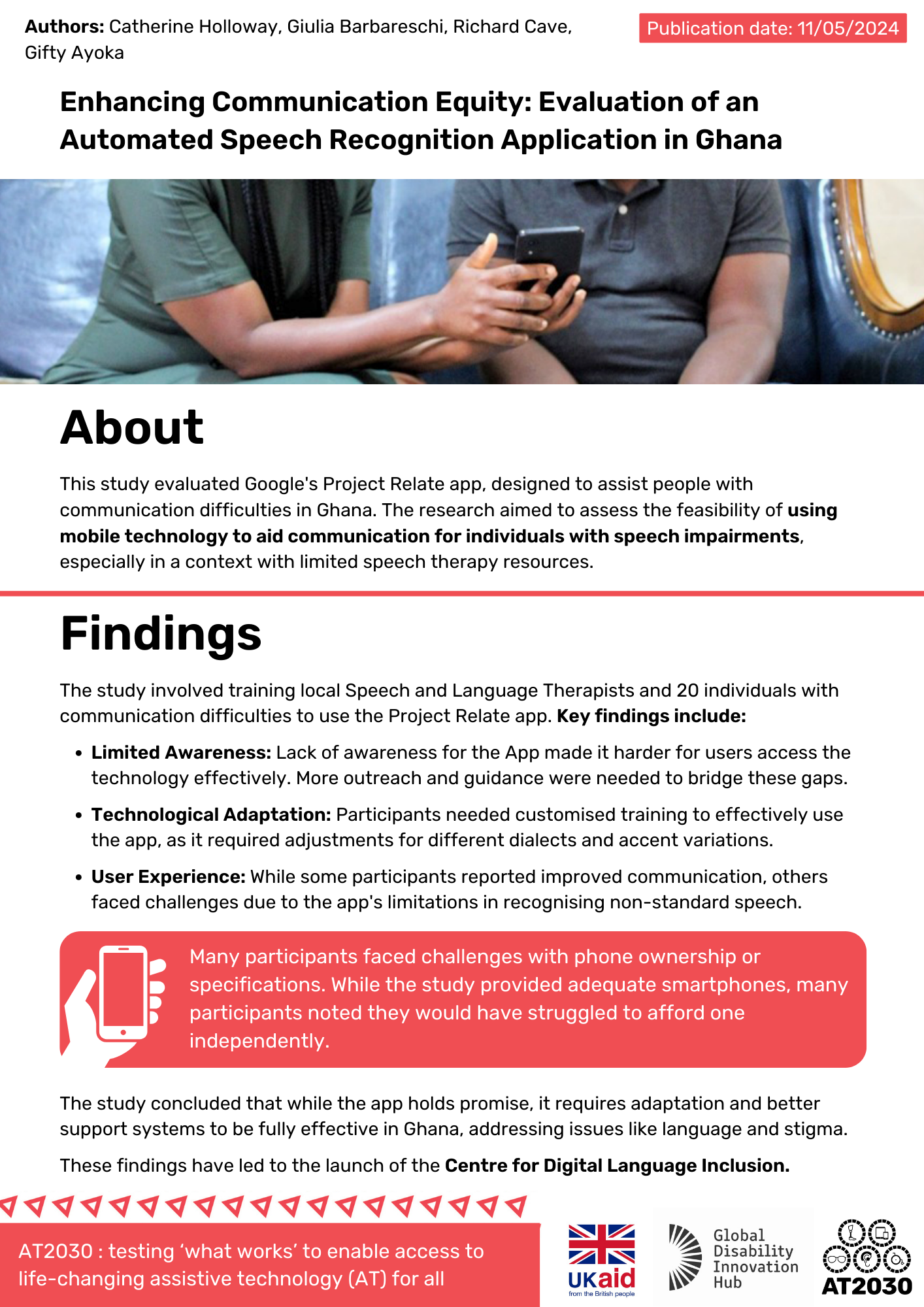
Enhancing Communication Equity: Evaluation of an Automated Speech Recognition Application in Ghana - Research Summary
This study assessed Google's Project Relate app in Ghana to assist individuals with speech impairments. Key findings included challenges with device access, the need for customised training, and limited awareness of the app. While some users benefited, others faced issues with speech recognition. The study highlighted the need for better support and adaptations, leading to the launch of the Centre for Digital Language Inclusion to address these challenges.
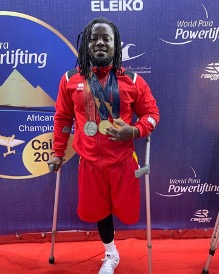
The Power of the Broadcast in Dispelling Stigma and Encouraging Inclusion
Emmanuel Nii Tettey Okuwas working as an electrical engineer and hobby body builder but following an accident in 2013 he had to have his left leg amputated and was faced with having to adapt to a new way of living. For some time, Emmanuel felt hopeless (and angry) as he could no longer work or be active as before. However, in 2016 he watched a broadcast from the 2016 Rio Paralympic Games and was excited to see people in wheelchairs lifting weights. It wasn’t until 2018 that a friend mentioned that he had seen some people doing disability sport at the Accra Sports Stadium, so he went along and met with the coach of the Para Powerlifting program, Coach Prince. Emmanuel started training straight away, “I fell in love with it. I gave it my all and now I am a national para-athlete.”
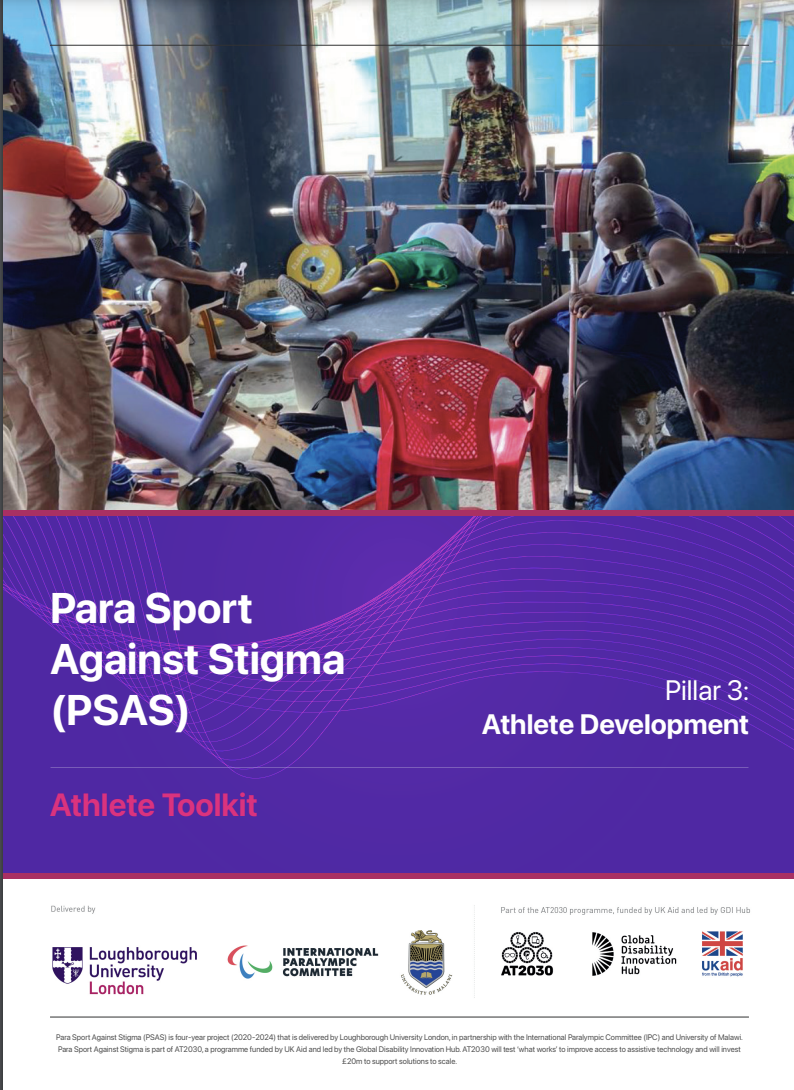
PSAS Athlete Toolkit
This toolkit is aimed at athletes with a disability who aspire to become world class and compete for their country at an international level. The toolkit is designed to provide useful information and step by step guides on important aspects of Para sport such as classification, competition, coaching and communication.
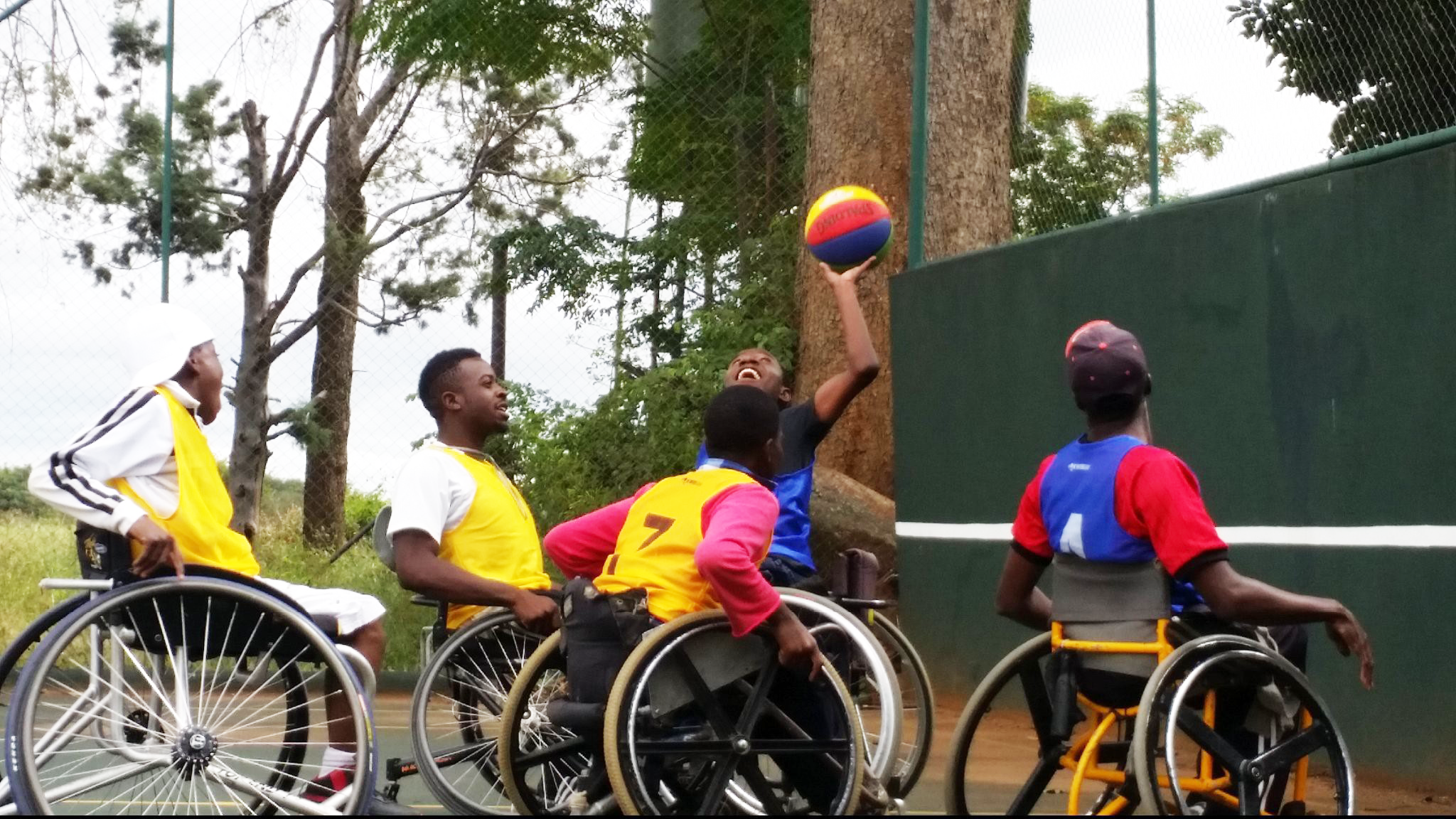
Can Paralympic sport break down barriers to assistive technology use in Africa?
In this blog, Nyasha Mharakurwa, a wheelchair tennis player and London 2012 Paralympian from Zimbabwe, Stacy Konadu Mensah, a wheelchair tennis player from Ghana, and Patrick Yaw Obeng, a para-athlete from Ghana share their reflections and experiences of barriers to assistive technology access and how Para sports can help break down these barriers for disabled people in Africa.